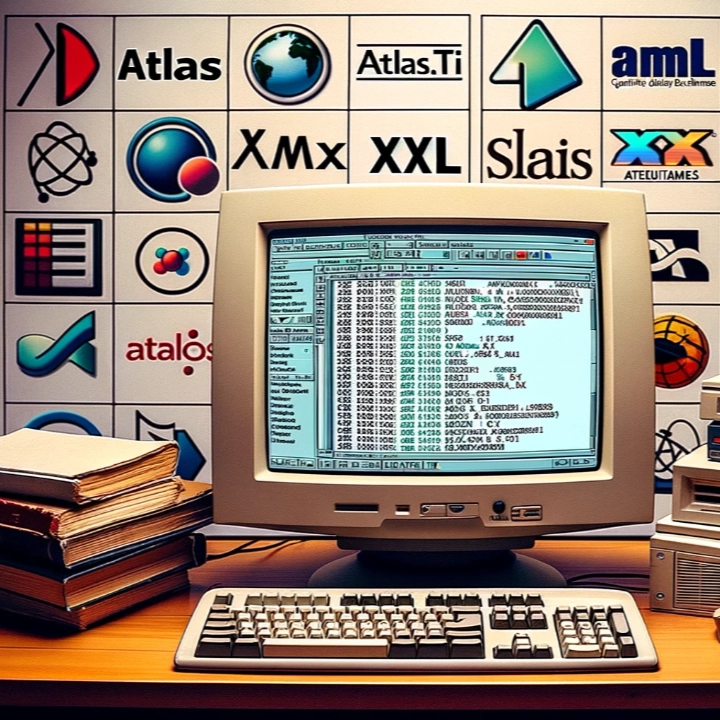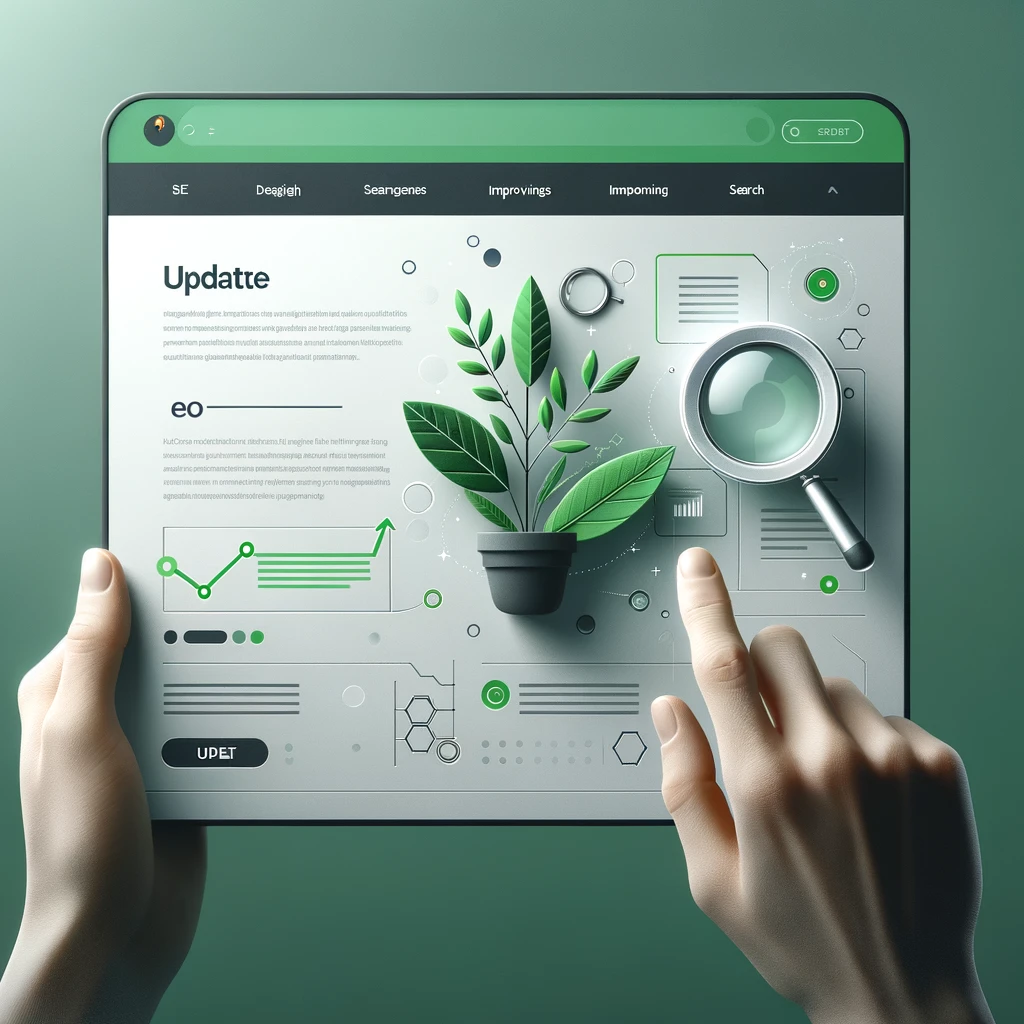What is QDPX?
QDPX stands for Qualitative Data Project Exchange. At its core, it is an XML-based structured data format that aims to standardize the way qualitative research projects are stored and shared. Developed under the Rotterdam Exchange Format Initiative (REFI), it serves as a universal language for qualitative data analysis (QDA) software.
The Need for Interoperability
In the world of research, data is often siloed within proprietary software ecosystems. This lack of interoperability can hinder collaborative efforts and limit the utility of valuable research data. QDPX aims to break down these barriers by providing a standardized format that can be understood by multiple software platforms.
The History of Universal Exchangeability
The Early Days
ATLAS.ti, a prominent software in qualitative data analysis, was the first to introduce a full XML project export in their software as early as 2004. Its XML export permitted the full export of a project in a free non-proprietary and universal data format. This was a pioneering step towards universal data exchange in the field of qualitative research.
Evolution
Over the years, the need for a more robust, universally accepted data exchange format became apparent. This led to the formation of the Rotterdam Exchange Format Initiative (REFI), which eventually gave birth to the QDPX standard.
The Power of Data Transformation
Versatility in Data Formats
One of the most compelling features of QDPX is its ability to transform qualitative data into a wide array of formats, including .rtf, csv, and sql. This offers researchers greater flexibility in how they use and share their data.
Visual Presentation
Beyond data formats, XML-base output was initially also meant to support the transformation of qualitative data into visually oriented presentation formats like web pages, printable reports, and ebooks. ATLAS.ti versions 5, v.6 and v.7 even came with comprehensive sample applications (developed by Hypertexxt; see also below) demonstrating these and other possibilities that far transcended the realm of qualitative research.
Having this option opens up many new avenues for disseminating research findings, and ultimately for transferring research results into heterogenous "data spaces."
Facilitating Collaborative Research
The Global Research Landscape
In an increasingly interconnected world, research is seldom confined to one institution or even one country. Researchers often collaborate across borders, each bringing their own tools and methodologies to the table.
The Role of QDPX
QDPX serves as a bridge between these disparate systems, allowing for seamless data exchange and collaboration. Whether you're working with teams across different countries or simply using different software, QDPX ensures that your data is accessible and usable by all.
The Ethos of Academic Openness
Openness as a Value
ATLAS.ti, one of the founding members of REFI, has always emphasized the importance of academic openness. The development and adoption of QDPX reflect this commitment to the free flow of ideas and information.
Implications for the Research Community
The adoption of a transparent, open standard like QDPX has far-reaching implications for academic research. It sets a precedent for openness and collaboration, values that are fundamental to the advancement of knowledge.
Practical Benefits and Limitations
Why Researchers Should Care
From avoiding software lock-in to facilitating unexpected transitions (like a change in funding or employment), QDPX offers practical benefits that make life easier for researchers.
The Caveats
While QDPX aims to be comprehensive, it's important to note that not all project data may be included when migrating between different QDA software. Researchers should be aware of these limitations when planning their projects.
Bridging the Gap Between Qualitative and Quantitative Data
The Challenge of Data Transformation
While QDPX serves as a robust format for qualitative data, researchers often face the challenge of integrating these insights into more traditional, quantitative data environments. This is especially true for those who wish to leverage the power of databases, CSV files, or data visualization tools like Tableau.
The Role of Third-Party Services
Several companies offer specialized services that can transform QDPX data into more commonly used formats, thereby making qualitative research results accessible in the "regular" data world.
- Hypertexxt: Hypertexxt offers a service specifically aimed at converting qualitative data in QDPX format to common structured data formats like CSV, XLSX, JSON, XML, and even directly to Tableau. This allows researchers to utilize the results of their studies in non-qualitative environments. Source: Hypertexxt
- appliQ: Specializing in business intelligence and data analysis, appliQ analytics can convert qualitative data from QDPX/REFI-QDA format directly into typcial quantitative formats, such as csv,. sql, xls, or even .twb (Tableau workbook). This data can then be stored in databases, merged with numerical data, and analyzed in professional analysis programs such as Tableau. Source: appliQ
- bility.com: bility.com offers full data and analytics services, and our broad range of services include handling specialized data formats like QDPX.
The Benefits
These third-party services not only facilitate the transformation of qualitative data but also enable researchers to integrate their findings into broader data analysis and visualization platforms. This opens up new possibilities for multi-disciplinary research and data-driven decision-making.
By incorporating these third-party services into the QDPX ecosystem, the format becomes even more versatile, bridging the gap between qualitative and quantitative research. This adds another layer of utility and flexibility, making QDPX an even more powerful tool for researchers and analysts alike.
Software Support for QDPX
The Importance of Software Compatibility
For a data format like QDPX to gain traction and become widely adopted, it's crucial that it's supported by the software tools that researchers use. Fortunately, a growing number of qualitative data analysis (QDA) software products are incorporating QDPX import and export capabilities.
Software That Supports QDPX
- ATLAS.ti: As a founding member of the Rotterdam Exchange Format Initiative (REFI), ATLAS.ti has been a pioneer in supporting the QDPX format and one of its earliest full adopters. The software allows for both import and export of QDPX files, making it easier for researchers to share and archive their qualitative data. Source: ATLAS.ti
NVivo: This software can import projects from ATLAS.ti and also supports exporting in the REFI-QDA Standard format (.qdpx). This feature allows for easy migration of projects to ATLAS.ti and certain other QDA software. Source: JHU Library Guide
Quirkos: Quirkos supports the REFI-QDA Project exchange standard for qualitative data. It allows users to import and export projects in the .qdpx format, although it only supports text data. Source: Quirkos
MAXQDA: This software also supports the import and export of projects in the .qdpx format. It provides an easy-to-use interface for saving and opening QDPX files. Source: Quirkos - Dedoose: This Web-only software also supports the import and export of projects in the .qdpx format. It provides an easy-to-use interface for saving and opening QDPX files. Source: Dedoose
- portableQDA: This is a Python package that facilitates round-trip information exchange using the REFI-QDA standard, including QDPX projects. It's suitable for structured archiving of any kind of files and is supported by a growing number of participants. Source: PyPI
The Expanding Ecosystem
As more software products add support for QDPX, the format is likely to become even more useful for researchers. This growing ecosystem also includes third-party services like Hypertexxt, appliQ, and we here at bility offer specialized services for transforming QDPX data into more commonly used formats.
By incorporating these software and services, the QDPX format becomes an even more versatile and powerful tool for qualitative research.
The Future of QDPX
Growing Adoption
As more manufacturers adopt the QDPX standard, its utility is expected to grow exponentially. The format is not just a tool for today but a foundation for the future of qualitative research.
Untapped Potential
While the current applications of QDPX are promising, they barely scratch the surface of what's possible. As the standard evolves, it's likely that new, powerful uses will emerge, further solidifying its importance in the research community. In chapter 8 below, we will show you some examples and introduce some of the interesting players in this field.














